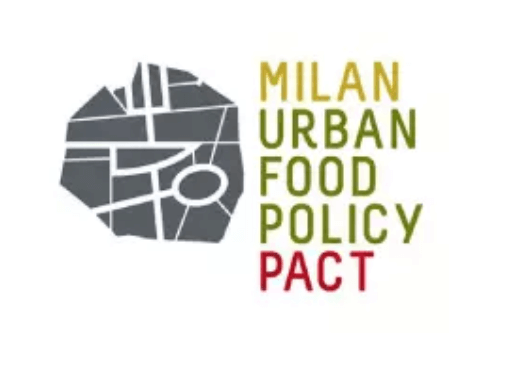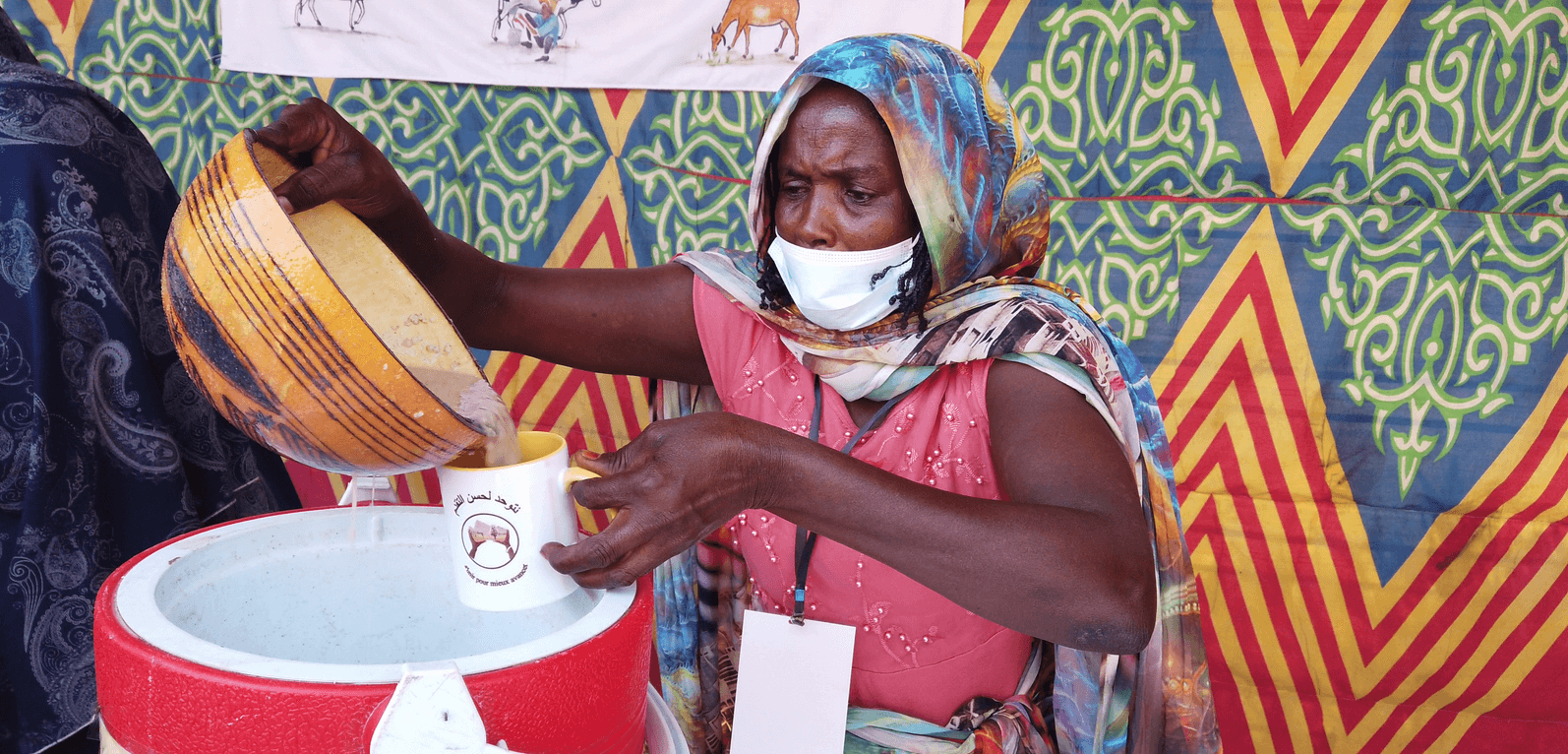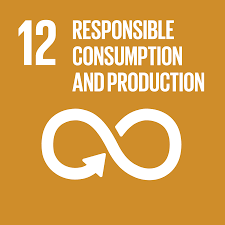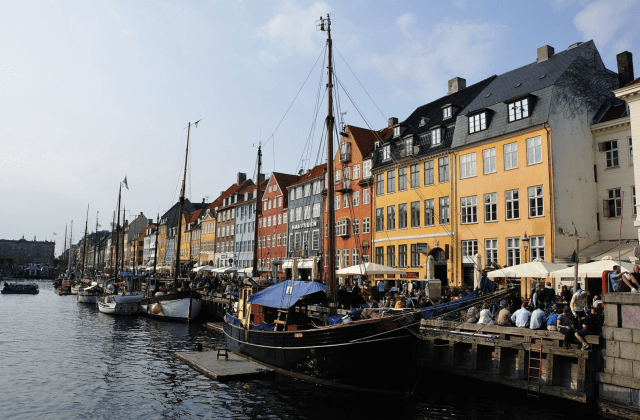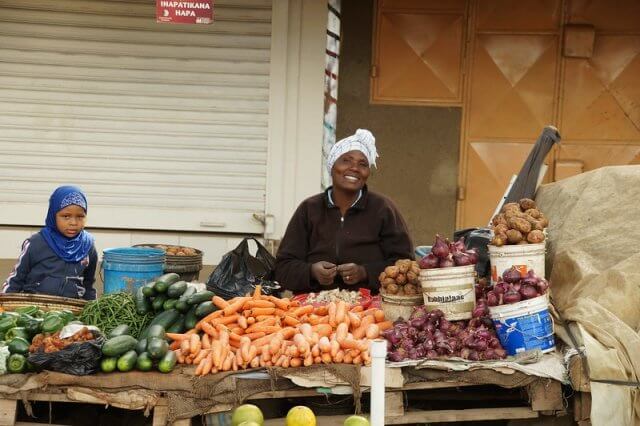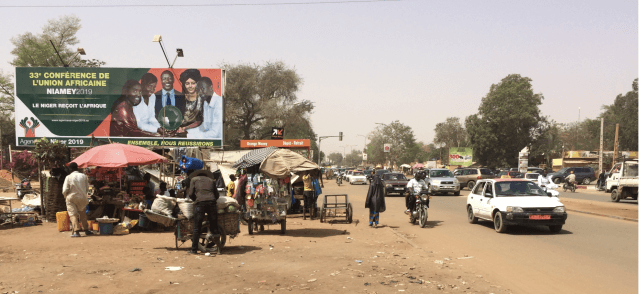The action and its aims
The objective of this initiative is to provide direction to the City of N’Djamena’s food policy, by strengthening its governance through the creation of a lasting Urban Food Policy Steering Committee. This is crucial for fostering cooperation between municipal agencies and divisions, as well as for harmonising the policies and initiatives that impact the food system across diverse sectors and administrative tiers. An approach rooted in fundamental rights is embraced and advocated for, as an integral component of this effort.
When it was introduced
The Urban Food Policy Steering Committee was established in 2021.
Why it was needed
Chad, located in the heart of Africa, faces severe challenges, including high levels of hunger affecting 42 percent of is population due to widespread poverty and hosting a large number of refugees. Conflicts, environmental degradation, and rapid desertification, have worsened hunger and poverty in the country. A large portion of the population is dependent on farming and livestock for their livelihoods.
As a result of these challenges, the urban garden markets in N’Djamena are uncared for. Scarce resources and insufficient support from public authorities have hindered efforts to establish a clear and unified framework for determining the status of these areas. Consequently, these spaces encounter challenges in evolving into inclusive, secure, and functional public spaces beneficial to both the local population and refugees. The uncertainty surrounding the legal status of refugees further complicates matters, contributing to the absence of valid land ownership titles among urban farmers. This vulnerability exposes them to the risk of unjust land confiscation, sparking disputes over land access and management.
Who initiated it, who is involved
The Steering Committee created to strengthen food system governance includes representatives from government, civil society, Academia and NGOs, including United Nations High Commissioner for Refugees (UNHCR). This committee was established following extensive deliberations that were conducting during three Milan Urban Food Policy Pact regional forums in Africa (Dakar in 2016, Brazzaville in 2018, and Niamey in 2019).
Impacts to date
No impacts reported to date, but up to date WFP country brief for Chad can be found here.
